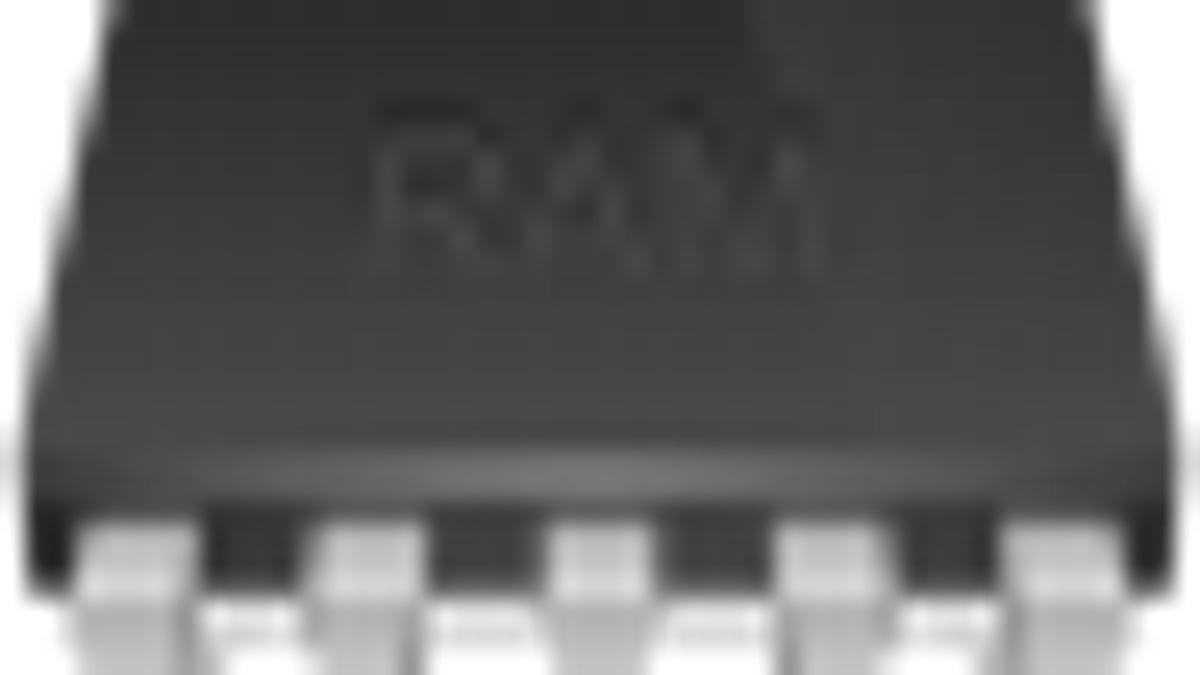Looking to upgrade your Mac's RAM? Don't look to Apple.
Apple charges an extraordinary amount for RAM upgrades, so if you plan on increasing the RAM in your system, you might consider looking to third-party vendors.

There are a couple of reasons why you might consider installing more RAM on your Mac. These can include needing more for current tasks or purchasing more in anticipation of future use with OS and application upgrades; however, regardless of your reasons for upgrading, if you consider purchasing your upgrade from Apple then you will likely and unnecessarily pay nearly five times as much for your RAM.
The components in Apple's computers are for the most part the exact same as other PCs (same CPU, same video card, hard drive, and chipset), meaning that as with other PC systems there is no special requirement for the RAM it uses. Therefore, there is no need to go with Apple's offerings and pay high prices. For example, if you have a MacBook Pro and wish to purchase an 8GB RAM upgrade for it, Apple will currently charge you $400 for the upgrade, whereas RAM of similar specifications can be purchased for $75-85 elsewhere.
People may see these price differences and assume that some special difference must account for the prices Apple charges, but this is not the case. Apple does test and guarantee its RAM, but so do numerous other manufacturers and distributors, and ultimately there is no reason for Apple to set the price of RAM upgrades so high. There is no "Mac RAM" specification that differs from PC RAM, and for both platforms it basically comes down to matching your system's requirements for the RAM chips. As long as you match up pin count, speed, CAS latency, timing, voltage, and ECC support, then you should be good to go.
Luckily Apple does not tie you into using Apple's RAM, and on most of its systems offers options for the RAM specifications to look for when considering an upgrade (sometimes this is etched into the chassis of the system, and at other times it is in the system's manual).
If you are unsure about the RAM requirements on your system, look them up at places like Crucial, OWC, or even Apple's site and then shop around for the RAM chips that match the specifications you need.
Unfortunately Apple will charge similar prices when you are configuring a new Mac, so when purchasing a new MacBook Pro, for instance, if you upgrade from 4GB to 8GB of RAM you will pay $200 for the difference. You can easily save over $100 with this purchase by configuring your new Mac with the lowest amount of RAM that the store offers, and then buying a compatible 8GB RAM module from a third-party source such as Crucial or OWC for under $100. Some companies like OWC even have trade-in offers so you can get another $10-30 in trade for your old RAM.
Overall there is no need to pay extraordinary amounts for RAM from Apple when upgrading your Mac or even when purchasing a new one. By going to a third-party vendor to manage your RAM upgrades, your pocketbook will thank you, and your system will never know the difference.
Questions? Comments? Have a fix? Post them below or e-mail us!
Be sure to check us out on Twitter and the CNET Mac forums.

